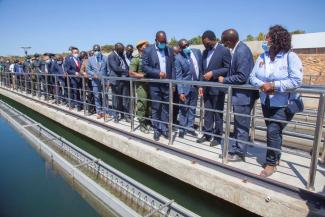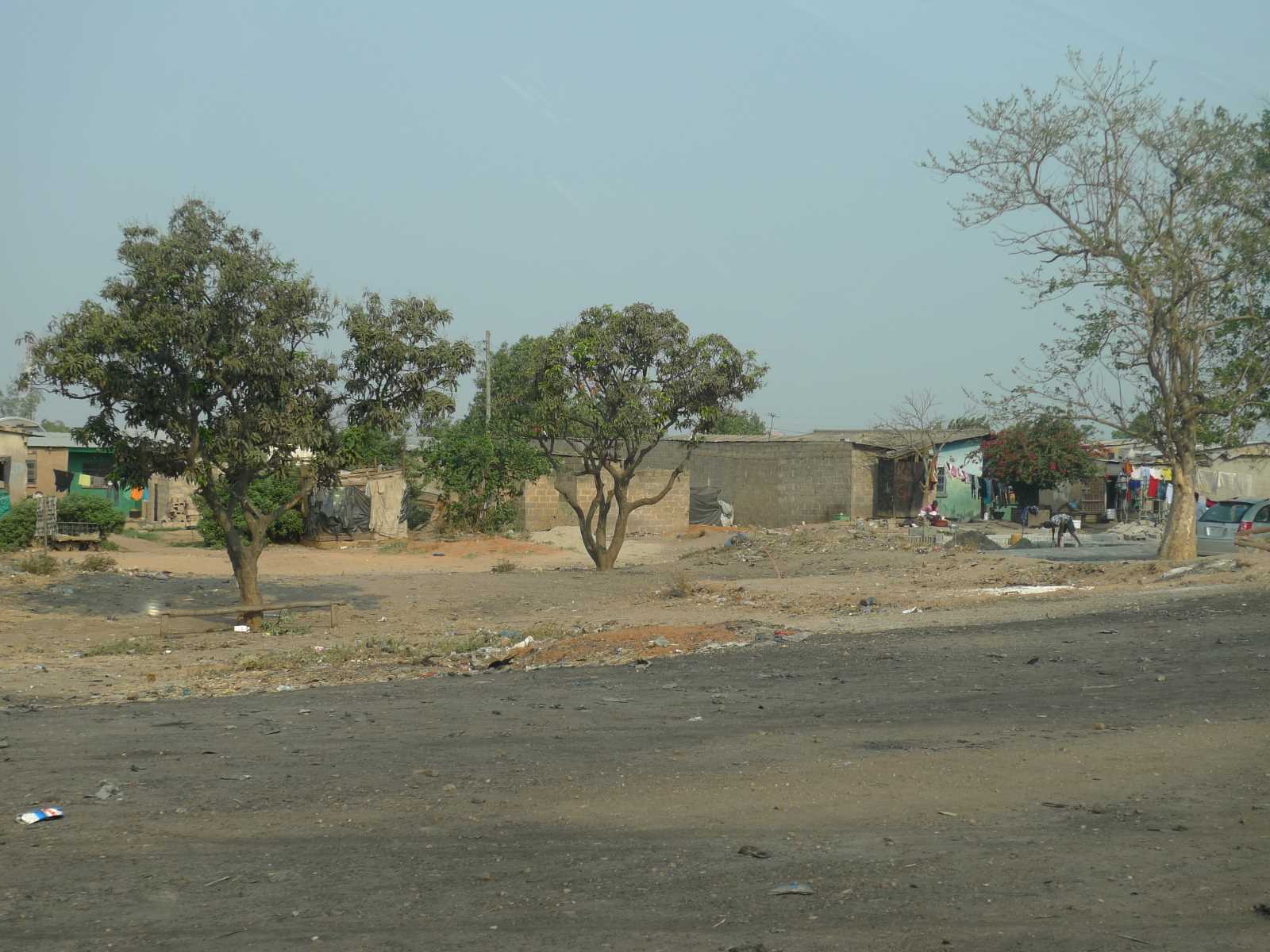Regional integration
Why Zambia needs the AfCFTA

Though Zambia has made progress in diversifying its export sector, it is still dependent on its copper exports. The implication is that Zambia’s economy only does well when the copper price is high and can become sluggish when it drops. Thus, it was bad news when the world market price started to slide fast last summer. It did not recover fully, so this autumn, the Ministry of Finance expected gross domestic product to grow by a mere 2.7 % in 2023 after 4.7 % in 2022.
This trend shows that Zambia’s trade needs to shift its focus away from mining. It must generate more foreign-exchange revenues from other industries, including manufacturing, agriculture, information and communication technology (ICT), energy and tourism. Achieving that will require policies to open the economy to more international trade.
In this context, the African Continental Free Trade Area (AfCFTA) should prove most helpful. The AfCFTA is set to become the world’s largest free trade area, covering all members of the AU. The mandate is to boost intra-African trade by eliminating barriers and encouraging African businesses to pay much more attention to their own continent. A better investment climate will then drive industrialisation. Moreover, the intra-African market can also drive the development of a strong service sector, including in fields like the financial industry or education.
It is important to understand that stronger intra-African trade relations will not only serve large corporations. The opportunities for micro, small and mid-sized enterprises will improve too. They can become integrated into supply chains, with positive impacts on productivity and value generation. Foreign trade can thus also contribute to formalising the informal sector which hardly pays taxes, provides very little social protection and keeps masses of people stuck in poverty.
Serious debt issues
Zambia’s lingering debt crisis makes the increased generation of foreign-exchange revenues even more important. As the economy depends on copper exports, the exchange rate of the nation’s currency responds to changing copper prices. It becomes less valuable as copper becomes cheaper. Accordingly, the servicing of debt which is denominated in foreign currencies becomes more expensive precisely when copper-export revenues decline.
Unfortunately, foreign debt can even prove excessive when copper prices are rising as was the case three years ago. In late 2020, Zambia’s government went into sovereign default. Negotiations on an IMF bailout proved very difficult, particularly because China was unwilling to agree to debt restructuring. This summer, a comprehensive bailout worth $ 6.3 billion finally came about but it only included rather limited debt relief and demands strict budget discipline. Zambia did not get a clean slate, but will have to start servicing outstanding debts as soon as the economy recovers enough for doing so.
The AfCFTA can positively contribute to the responding to Zambia’s debt problems by triggering international investment and economic expansion throughout the region. Zambia ratified the AfCFTA Agreement in early 2021 and is now implementing the agreement. Economic theory and historical evidence show that small nations with comparatively small markets benefit from open trade in particular. According to worldometer, only seven of 55 AU members have populations of more than 50 million. Given that purchasing power tends to be low in Africa, the continent’s markets are comparatively tiny.
Zambia has long been a member of both SADC (Southern African Development Community) and COMESA (Common Market for Eastern and Southern Africa). Sadly, Zambia’s overlapping membership has made things more complicated. It is therefore good news that AfCFTA is being built on the foundations of all existing regional communities in Africa – and not only for Zambia. All African countries will benefit from stimulating production through the development of regional value chains.
Beaulah N. Chombo is an economist and works at the Zambia Development Agency.
beaulahchombo27@gmail.com












